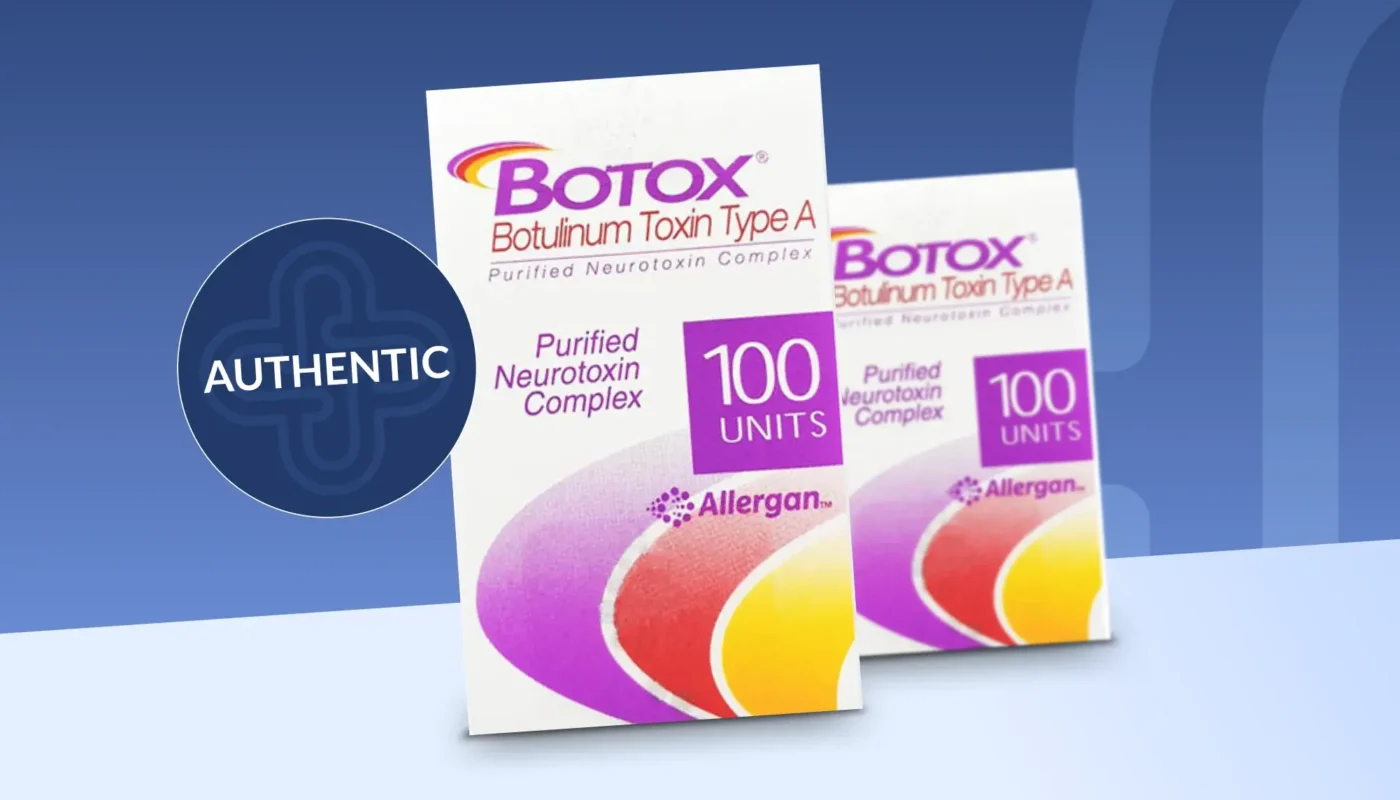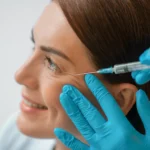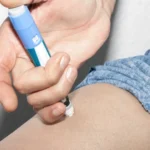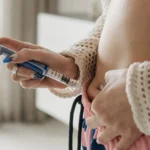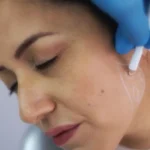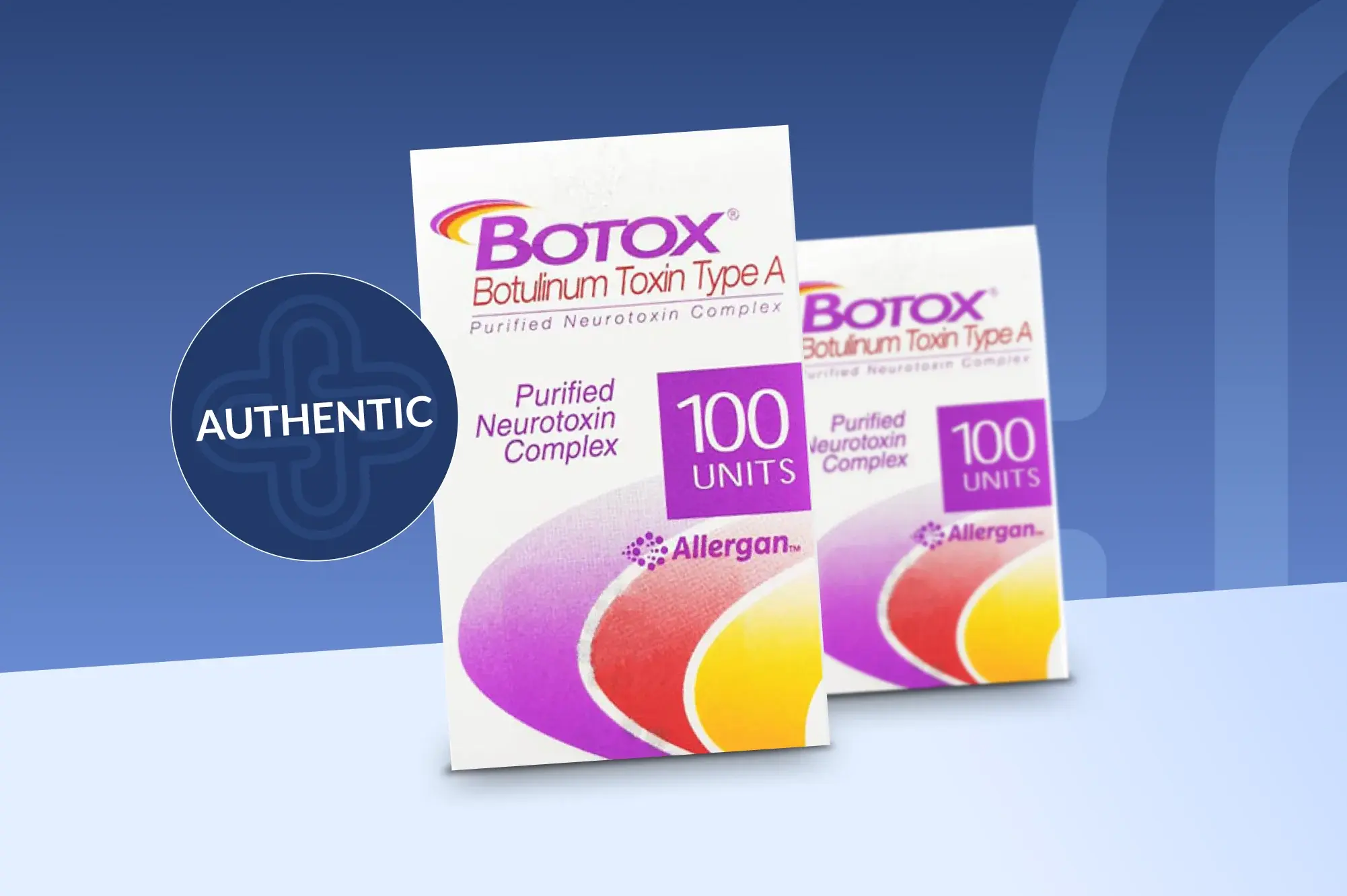
The FDA has recently alerted healthcare professionals in the US about counterfeit cosmetic and medical products, namely the botulinum toxin brand BOTOX®. Given that this issue already resulted in several patients getting hospitalized for adverse effects following fake product treatment, we wanted to make sure you know how to recognize and avoid shopping for counterfeit medical supplies.
NOTE: Medica Depot guarantees the authenticity and safety of every product sold at our online store. We acquire all our products from manufacturers or authorized distributors and follow a stringent process to guarantee the authenticity and quality of our products. All of our products contain original LOT numbers. LOT number confirmation can be provided for each products, so feel free to contact us anytime you have concerns.
Key Takeaways
- Counterfeit products can be detected by carefully inspecting the packaging and the product itself. All Medica Depot products are authentic, even those with packaging in foreign languages.
- Do not trust distributors whose history is obscured or non-existent and who do not accept transparent payment methods. Medica Depot has been selling cosmetic and aesthetic products since 2007.
- If your patient experiences symptoms like double vision, difficulty swallowing, dry mouth, and others after treatment, inspect your current stock of products.
Spotting Counterfeit Products
Here are some of the signs that the BOTOX® you have acquired may be counterfeit:
1. Non Existent Dosings
Counterfeited products are being sold in non-existent sizes and strengths. Allergan Aesthetics / An AbbVie Company, the legitimate manufacturer of BOTOX®, only creates 50u,100u, and 200u dose forms. BOTOX® pack containing 150u is fake, and should be avoided per FDA recommendation.
2. Inauthentic Product and Packaging
Here are some common tell-tale signs of inauthentic product packaging:
- The languages on the packaging and the vials don’t match
Counterfeiters sometimes recycle packaging materials in different languages. If the language on the packaging does not match that of the product itself, it is a sure sign of an inauthentic product. However, not all foreign language products are inauthentic.
Medica Depot sells authentic products made by official manufacturers for other legislatures. These products are manufactured adhering to the same quality and approval standards. The language on the packaging is the only difference between them and products made for domestic markets.
- Misformatted LOT Number
Check if the LOT and expiry dates are formatted correctly. The FDA has issued a warning for BOTOX® packages with the lot number C3709C3. If you’re unsure if the LOT number of your products is correct, remember that the trusted suppliers like Medica Depot can verify the LOT numbers for every product upon request.
- Holograms
If the packaging does not have holograms, or if there is more than one, that is a sign of an inauthentic product.
- The wrong active ingredient is displayed on the box
If the outer carton packaging of a BOTOX® unit displays the active ingredient as ‘Botulinum Toxin Type A’ instead of ‘OnabotulinumtoxinA’, that is a sign of an inauthentic product.
3. Weight Difference
The counterfeiters can never match the weight of the entire product exactly. If there is a mismatch between two packages, you can deduce one is counterfeit. Practicing medical professionals know that the inside of a BOTOX® seems empty to the untrained eye. If the quantity of the substance inside the vial is too large, that is a sign of an inauthentic product. Some cases of counterfeit products even include vials with missing tops.
Spotting Inauthentic Sellers
Here are some telltale signs you need to watch out for when it comes to inauthentic sellers:
- No long-stranding and verifiable history
If the distributor has no evidence of longevity online, that should be an immediate red flag. Medica Depot has been selling cosmetic and aesthetic products online since 2007.
- Ads on dubious platforms and counterfeit hubs
Products being sold through suspicious platforms such as Alibaba are to be avoided.
- Non-transparent payment processing
If the distributor only accepts payments in cryptocurrency, direct wire transfers, or Western Union while avoiding transparent and traceable payment methods like credit cards. In that case, they should be avoided and suspected to sell counterfeit products.
- No genuine customer reviews online
Struggling to find authentic customer reviews online is a sign that you should rethink the authenticity of the seller.
Symptoms of Treatment with Counterfeit Product
Here is a list of symptoms given by the FDA that indicate the use of inauthentic BOTOX®:
- blurred or double vision
- difficulty swallowing
- dry mouth
- constipation
- incontinence
- shortness of breath
- weakness
- difficulty lifting one’s head
If your patients report any of these symptoms after treatment, refer them to a medical doctor and check if your product is authentic.
Book a meeting with Medica Depot today and gain access to authentic products sourced from manufacturers and credible distributors.
References
- FDA Alert: Counterfeit Versions of Botox Found in Multiple States. Drugs.com. Accessed April 18, 2024. https://www.drugs.com/fda/counterfeit-versions-botox-found-multiple-states-14672.html
- CDC. CDC: Harmful reactions linked to botulinum toxin injections. Centers for Disease Control and Prevention. Published April 15, 2024. Accessed April 18, 2024. https://www.cdc.gov/botulism/outbreaks/harmful-reactions-botox-injections.html
- Research C for DE and. Counterfeit Version of Botox Found in Multiple States. FDA. Published online 2024. Accessed April 18, 2024. https://www.fda.gov/drugs/drug-safety-and-availability/counterfeit-version-botox-found-multiple-states
Clinical aesthetics products refer to a category of products used in the field of medical aesthetics or cosmetic dermatology. These products are typically designed and formulated to be used under the supervision of healthcare professionals, such as dermatologists, plastic surgeons, or trained aestheticians. They are distinct from over-the-counter cosmetics in that they often contain active ingredients or formulations that require expertise in their application or administration.
Examples of clinical aesthetics products include:
-
Dermal Fillers: Injectable substances used to add volume, smooth wrinkles, and enhance facial contours. Examples include hyaluronic acid fillers like Juvederm and Restylane.
-
Botulinum Toxin (Botox): Injectables that temporarily paralyze facial muscles to reduce the appearance of wrinkles caused by repetitive movements, such as frown lines and crow's feet.
-
Chemical Peels: Solutions applied to the skin to exfoliate and improve its texture. They can treat acne, pigmentation issues, and signs of aging.
-
Laser and Light Therapies: Devices that emit focused light or laser energy to treat various skin conditions, including acne, scars, and signs of aging.
-
Prescription Skincare Products: Formulations containing active ingredients like retinoids (vitamin A derivatives), hydroquinone, or prescription-strength antioxidants to address specific skin concerns under medical supervision.


